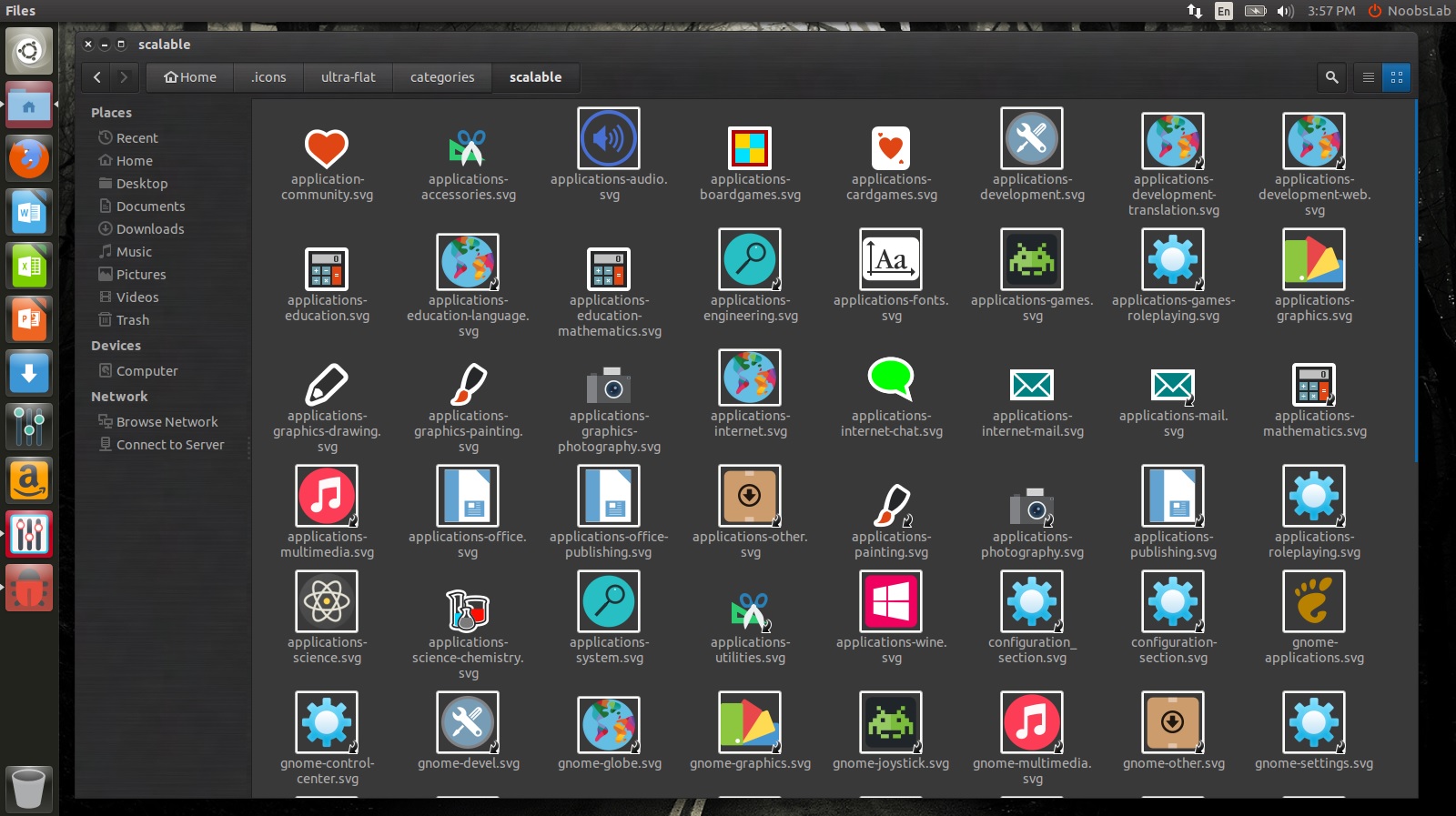

- LINUX IMAGE VIEWER INSTALL
- LINUX IMAGE VIEWER MANUAL
- LINUX IMAGE VIEWER SOFTWARE
- LINUX IMAGE VIEWER CODE
- LINUX IMAGE VIEWER FREE
Upload photos to Facebook, Flickr, etc.In either case, you can check for the official instructions on their website to get it installed on your Linux distro.
LINUX IMAGE VIEWER INSTALL
You can install it via the terminal by typing in: sudo apt install kphotoalbum You can opt for slideshows to view the image along with the ability to compress images and search them using the labels/tags. KPhotoAlbum is not exactly a dedicated image viewer but a photo manager to tag and manage the pictures you’ve got.
LINUX IMAGE VIEWER CODE
You need to type in the following: sudo apt install mirageįor the source code and other installation instructions, refer the GitHub page. It is a very fast and capable image viewer that supports a lot of image formats that include png, jpg, svg, xpm, gif, bmp, and tifff. If you want a decent image viewer along with the ability to access it via command line, a fullscreen mode, slideshow mode, basic editing tools to resize/crop/rotate/flip, and a configurable interface – Mirage would be the simplest option.

It supports other image viewers as plugins but does not offer any image manipulation tools. Geeqie is an impressive image manager and viewer. A flexible image manager that supports plugins (you’ll find other image viewers supported as well).If you need help for other distros and the source, follow their GitHub page. Yet another simple image viewer with the basic functionalities of slideshow view and rotating images.Įven if doesn’t support any image manipulation feature, it does support numerous image file formats and can handle big image files.įor Ubuntu/Ubuntu-based distros, type in the following command: sudo apt install eom An image viewer tailored for MATE desktop environment.To manually install it on Ubuntu (or Ubuntu-based Linux distros) type in the following command: sudo apt install eogįor other distros and source, you should follow the GitHub page. One of the best for GNOME desktop environment! If you want a dead simple image viewer where you browse through the images in a slideshow-type UI and get the meta info in the sidebar, Eye of GNOME should be your choice. But, it still works on Ubuntu’s latest LTS release and several other Linux distros. Do note that this isn’t actively maintained anymore. This is a classic image viewer developed as a part of The GNOME Project a lot of years ago. An image viewer tailored for GNOME desktop environment.Slideshow style (if that’s what you like).If you want to install it via terminal, you can take a look at their GitHub page or type in the command below: sudo apt install nomacs 2.
LINUX IMAGE VIEWER SOFTWARE
You can find it listed in the software center/AppCenter for easy installation. In addition to that, it also supports fullscreen mode, histogram, and a lot of different panels that you can toggle for metadata, edit history, and more such information. The user interface is very simple but it does offer some essential features for image adjustment (color, brightness, resize, crop, & cut). However, Nomacs does support most of the common image file formats if you want to use it.
LINUX IMAGE VIEWER FREE
NomacsĪ free and open source image viewer that does not come baked with any fancy features.
LINUX IMAGE VIEWER MANUAL
If you don’t find it there, we’ve mentioned the instructions for manual installation as well. Note: You should be able to find these image viewers listed in your software center or AppCenter.


 0 kommentar(er)
0 kommentar(er)
